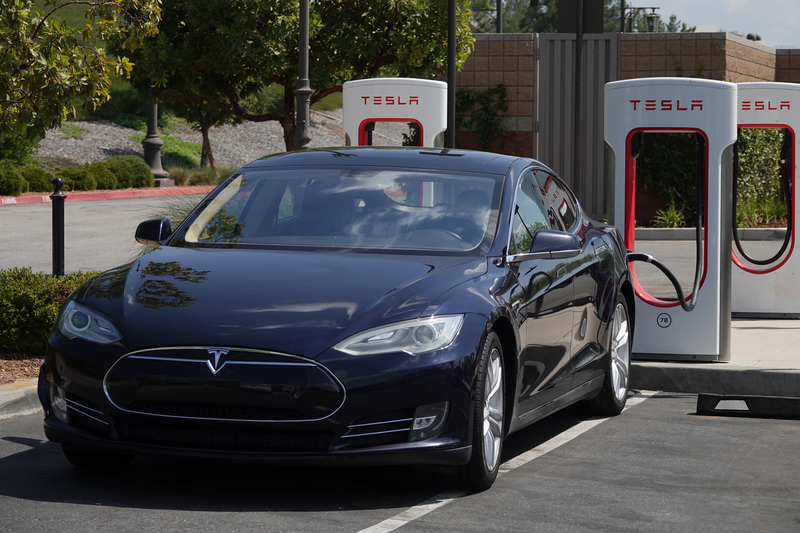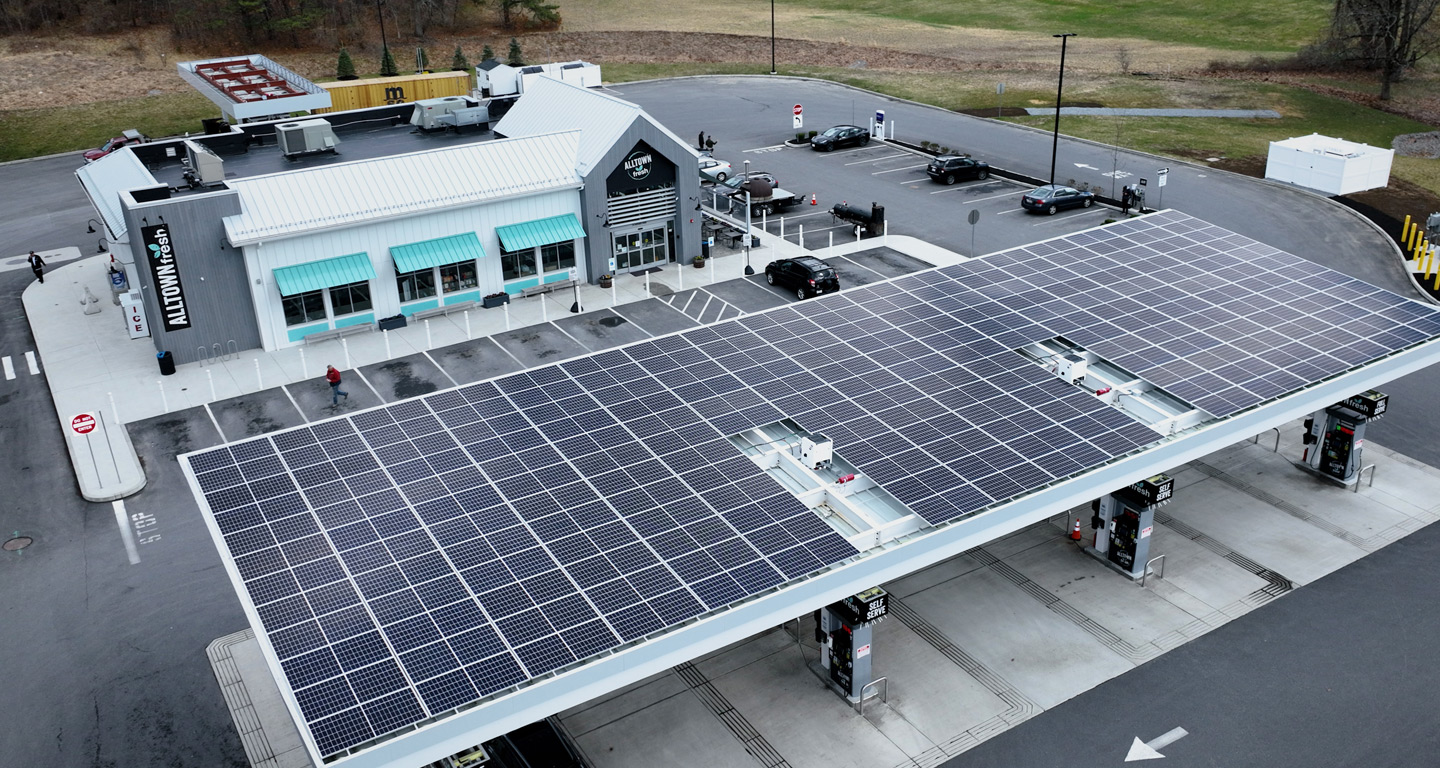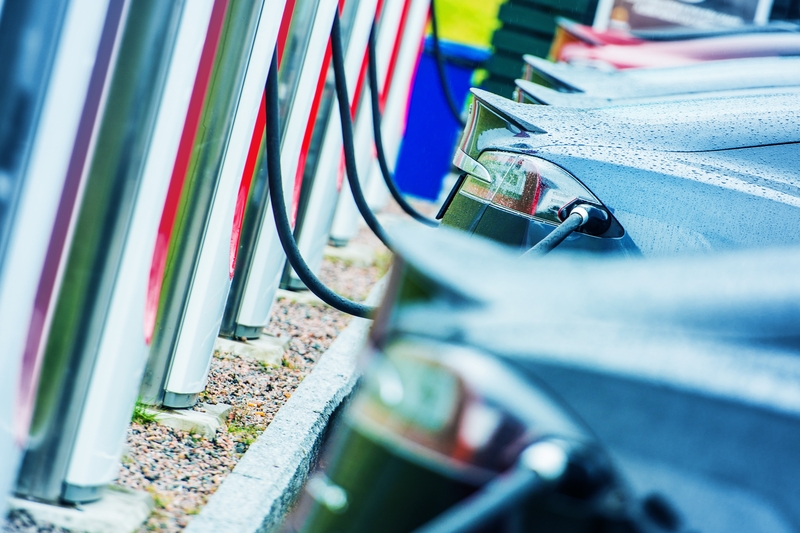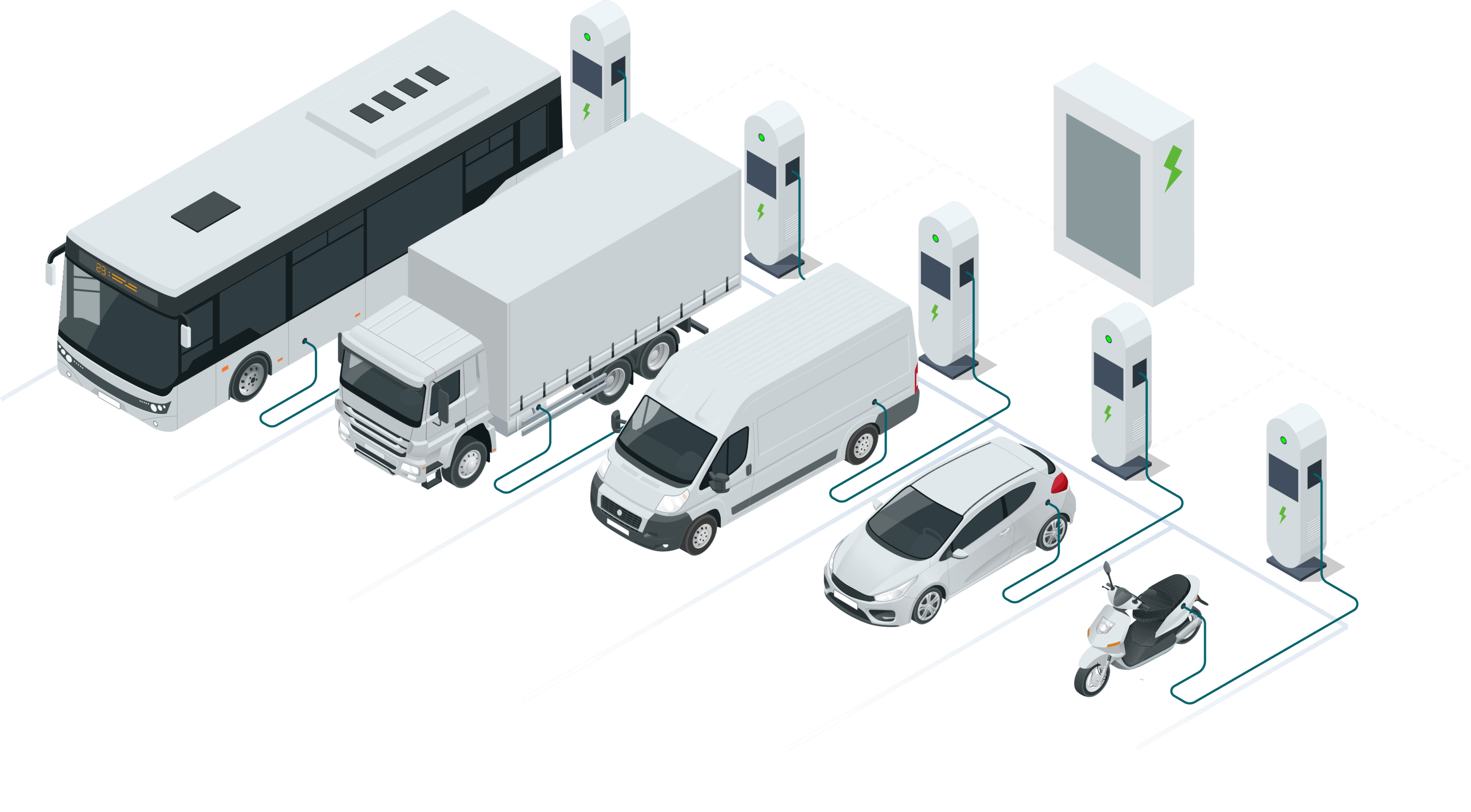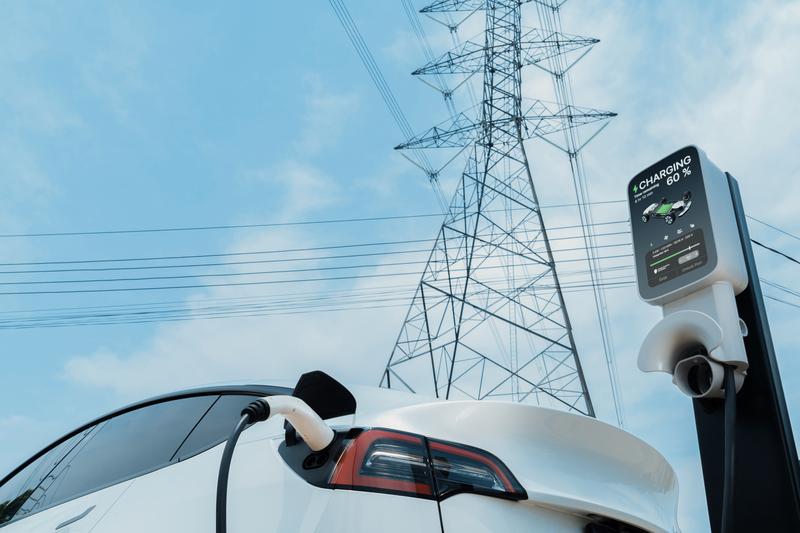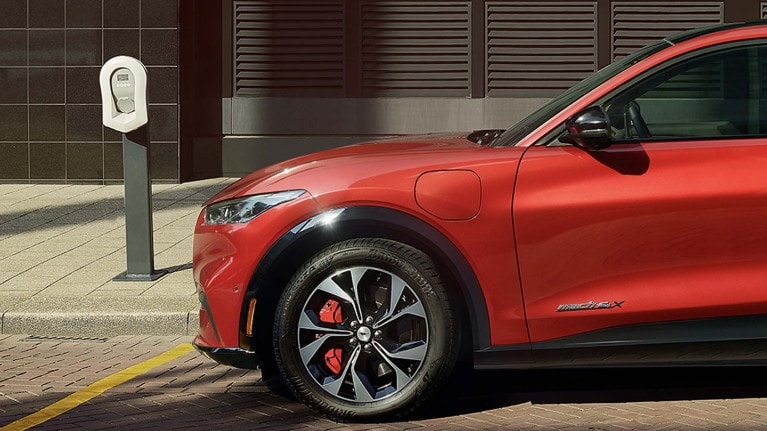
The research company says the market is booming with various EV manufacturers such as Volvo, Kia Motors, Mercedes-Benz, and Ford collaborating with the charging infrastructure providers for easy availability of charging stations.
For instance, in November 2020, ChargePoint announced its partnership with Volvo Car USA to provide a seamless charging experience to Volvo car drivers. ChargePoint will offer Home Flex home chargers to Volvo Car drivers owing to this partnership which will enable drivers to charge their cars at home.
Moreover, Delta Electronics, Enel X and Ecotap BV, among others, are focusing on the development of solar-powered electric vehicle charging stations. For instance, under the Honda SmartCharge programme, Enel X is currently working on the development of a solar-powered charging station in Hawaii (US) in partnership with the Hawaiian Electric Company.
Grand View Research says thatb various companies are working toward upgrading electric vehicle supply equipment (EVSE) to make them more convenient for long-distance travel. Some electric vehicle manufacturers such as Tesla, Inc., and Nissan are focusing on providing compatibility for their electric vehicles for public charging networks. For instance, Nissan in November 2019, announced that buyers of new Nissan LEAF and Nissan LEAF would be able to charge their vehicles across EVgo’s charging network that comprises 750 public charging stations.
The significant market growth is primarily due to the growing initiatives undertaken by both public as well as private sectors to encourage the population to switch to Electric Vehicles (EVs). These initiatives have promoted the sale of electric vehicles and have also spread awareness among consumers about the benefits of using these vehicles. As a result, the demand for electric vehicle charging infrastructure is expected to grow significantly.
For instance, in the US, the Washington State Department of Transportation has partnered with the Oregon Department of Transportation to construct the West Coast Electric Highway (WCEH) which consists of 57 electric vehicle charging stations across Oregon and Washington. Similarly, several governments are jointly developing intra-continental networks of highway charging stations.
Grand View Research comments: "The demand for electric vehicles has been growing in line with the rising awareness about environmental sustainability and the stringent limits several governments are putting on vehicular emissions. While private companies are focusing on developing innovative electric vehicle chargers and electric vehicle charging stations, governments are collaborating with these companies for rolling out Electric Vehicle Charging Infrastructure."



